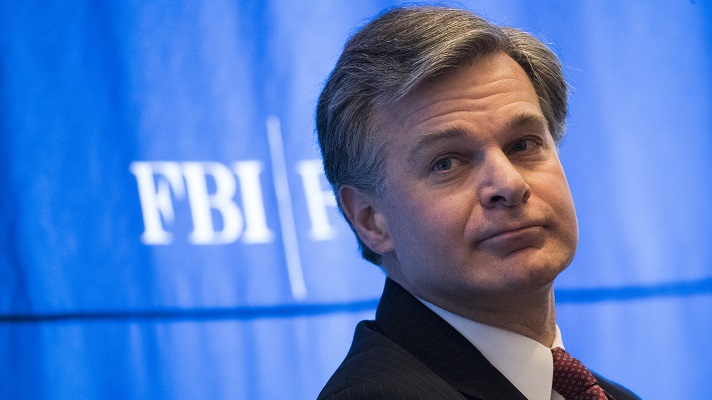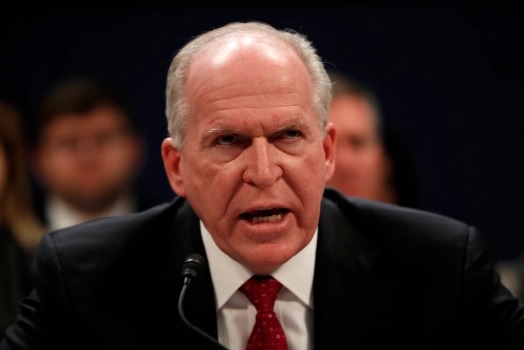The House Oversight Committee had issued a subpoena to the FBI, requesting the production of a document related to a criminal scheme, as described by a whistleblower, involving former Vice President Joe Biden and a foreign national. However, the FBI did not comply with the subpoena. The alleged scheme is said to involve the exchange of money for policy decisions.
In response to allegations made by a whistleblower regarding an alleged criminal scheme involving then-Vice President Biden and a foreign national, House Oversight Committee Chairman James Comer, R-Ky., issued a subpoena to the FBI for the document. The document in question is an FBI-generated FD-1023 form, which the whistleblower claimed was in the possession of the FBI and Justice Department and contained information about the exchange of money for policy decisions.
According to their statement, the whistleblower claimed that the document provides a detailed account of the specific methods and objectives of the alleged criminal scheme.
Despite the deadline set by Comer for the FBI to comply with the subpoena, the bureau opted to send a letter instead. In the letter, the FBI cited its concerns about maintaining confidentiality, safeguarding sources and methods, and protecting the national security interests of the United States.
FBI agents utilize an FD-1023 form to document unverified reports received from confidential human sources. This form serves as a means to record information as relayed to an FBI agent, without inherently validating or evaluating it against other known information within the FBI’s possession.
“This letter responds to your subpoena, authorized on May 3, 2023, demanding the production of documents within one week. As this was your first communication with the FBI seeking this information, please know that the FBI is committed to beginning the constitutionally mandated accommodation process,” the letter states. “The FBI is committed to working to provide the Committee information necessary for your legitimate oversight interests, while also protecting executive branch confidentiality interests and law enforcement responsibilities.”
“The FBI appreciates this opportunity to inform you of our confidentiality interests so that we can ‘seek optimal accommodation through a realistic evaluation of’ each other’s needs and ‘avoid the polarization of disputes.’”
The FBI added: “We are committed to working together through this process.”
“An FD-1023 is one of many forms the FBI uses to collect and catalog information for its law enforcement and national security work. This form is used by FBI agents to record unverified reporting from a confidential human source,” the letter states.
The FBI explained that confidential human sources are “critical to the work of FBI as well as other members of the U.S. intelligence and law enforcement communities.”
“Department of Justice policy strictly limits when and how confidential human source information can be provided outside of the FBI,” the letter states.
“You have asked for what you say is a ‘precise description’ of an ‘alleged criminal scheme’ contained in is a single FD-1023 report. You express concern that the FBI has inappropriately ‘failed to disclose’ such a report ‘to the American people,’” the FBI states.
“It is critical to the integrity of the entire criminal justice process and to the fulfillment of our law enforcement duties that FBI avoid revealing information — including unverified or incomplete information — that could harm investigations, prejudice prosecutions or judicial proceedings, unfairly violate privacy or reputational interests, or create misimpressions in the public.”
 Telegram is where we really talk. Don't miss out!
Telegram is where we really talk. Don't miss out!







